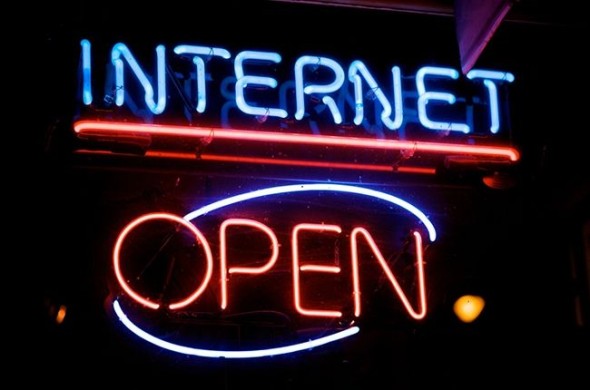Supreme Court Nominee Believes Net Neutrality is Unconstitutional
Posted on July 27, 2018 by Bob Jenks
Tags, Telecommunications

President Trump has nominated D.C. Circuit Judge Brett Kavanaugh to a seat on the U.S. Supreme Court. Judge Kavanaugh issued a dissent in a net neutrality case that CUB finds troubling. Net neutrality is a simple concept that says that an Internet service provider must treat all data traffic and content fairly, and not discriminate based on user or subject matter. In his dissent, Judge Kavanaugh found that the First Amendment’s free speech protections provide a constitutional right for Internet service providers to discriminate; therefore, net neutrality is unconstitutional absent a showing by the FCC that the “provider possesses market power in a relevant geographic market”. This suggests that net neutrality could require a constitutional amendment to be lawful.
Judge Kavanaugh’s dissent came in the net neutrality case, U.S. Telecom Association v. Federal Communications Commission. The telecommunications industry asked the full US Court of Appeals for the District of Columbia to reconsider a decision upholding the FCC’s net neutrality rule adopted during the Obama administration. By declining to reconsider, the Court upheld the net neutrality rules. More recently, the Trump administration’s FCC has overturned those rules, but Judge Kavanaugh’s past views on this topic indicate a significant barrier to revisiting this issue in the future. (Luckily, CUB didn’t wait for federal action and we led the charge for passage of state level net neutrality legislation earlier this year.)
In his dissent, Judge Kavanaugh found that the First Amendment allows broadband Internet service providers to exercise editorial discretion over content that is delivered over the Internet. Using this logic, any large internet provider, like Comcast or CenturyLink, may have a fundamental constitutional right to discriminate over content carried through their lines. If they don’t like the content of CUB’s blog supporting net neutrality, for example, they could block or slow it down. They could favor their own programming by slowing down content that they do not own. Because they control access to the Internet, they would have the right to interfere with their customers’ use of the Internet.
Luckily, the other judges on the panel rejected Judge Kavanaugh’s argument. Their response highlights the problems with granting Internet service providers the constitutional right to discriminate:
The Order, he [Kavanaugh] submits, infringes the First Amendment rights of broadband ISPs. Specifically, he understands Supreme Court precedent to recognize a First Amendment entitlement on the part of an ISP to block its subscribers from accessing certain internet content based on the ISP’s own preferences, even if the ISP has held itself out as offering its customers an indiscriminate pathway to internet content of their own—not the ISP’s—choosing. Under that view, an ISP, for instance, could hold itself out to consumers as affording them neutral, indiscriminate access to all websites, but then, once they subscribe, materially degrade their ability to use Netflix for watching video—or even prevent their access to Netflix altogether—in an effort to steer customers to the ISP’s own competing video-streaming service. Alternatively, an ISP, again having held itself out as affording its customers an unfiltered conduit to internet content, could block them from accessing (or significantly delay their ability to load) the Wall Street Journal’s or the New York Times’s website because of a disagreement with the views expressed on one or the other site.
Judge Kavanaugh’s opinion was surprising because only one provider, of the broad coalition of Internet providers challenging net neutrality, argued that the law was unconstitutional.
CUB finds Judge Kavanaugh’s opinion deeply troubling because it suggests that large service providers have broad First Amendment rights that override those of citizens or groups of citizens. Allowing broadband providers to discriminate based on content means that nonprofit organizations and other groups of citizens may find their ability to speak infringed upon, because Internet providers disagree with our content and therefore want to make it difficult for their subscribers to get access to it. While the wind behind Judge Kavanaugh’s views died in his dissent, as a U.S. Supreme Court Justice, a constitutional attack on any attempt to re-instate net neutrality rules could get an unfortunate second wind.
To keep up with CUB, like us on Facebook and follow us on Twitter!




07/31/18 | 0 Comments | Supreme Court Nominee Believes Net Neutrality is Unconstitutional